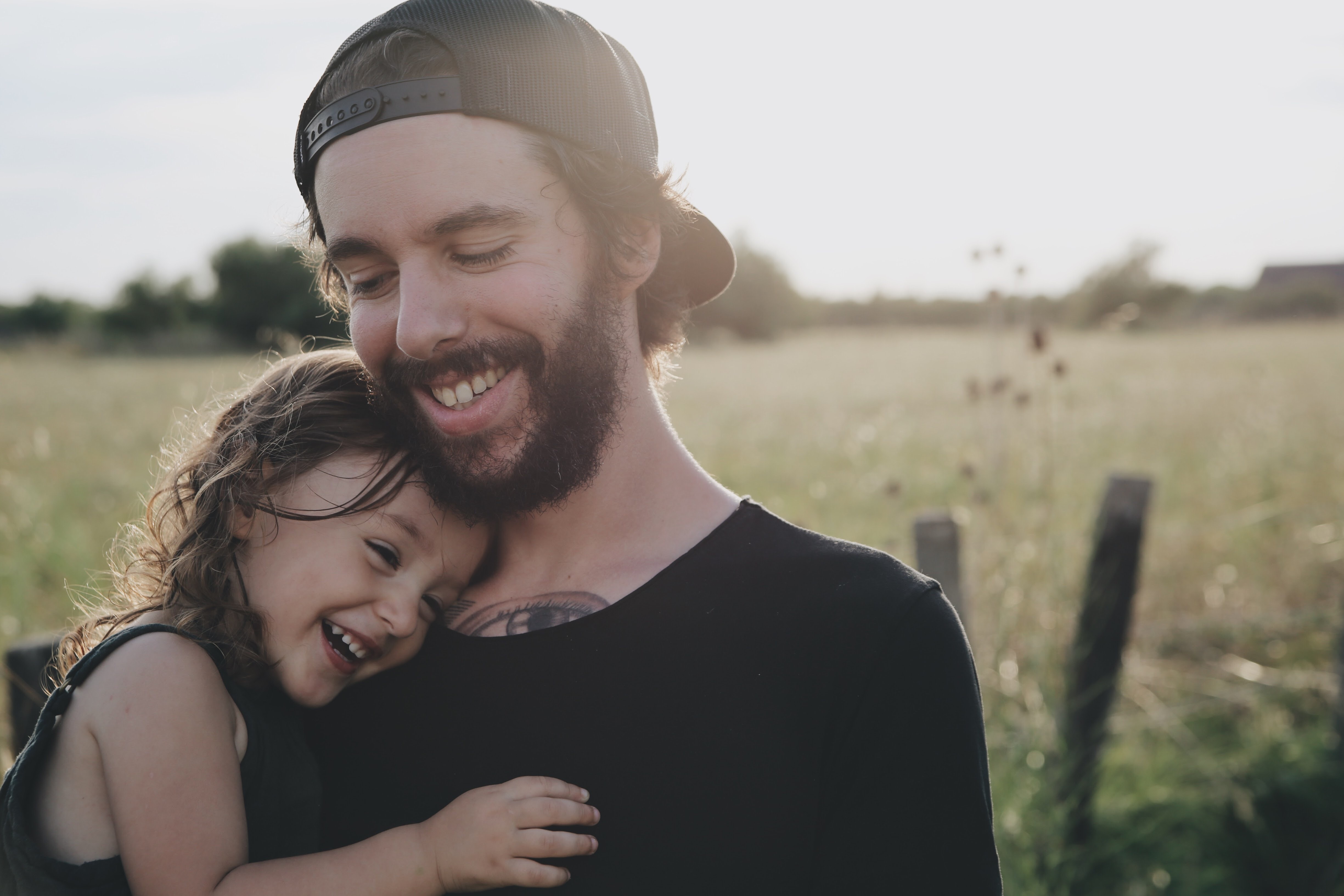Children can have many fears – fear of the dark, fear of getting lost, fear of dogs etc. Fear can express itself in different ways – clinginess, distancing, panic, refusing to talk, finding a distraction in order not to think about it.
Through this season, Covid-19 has increased the fear of illness and death. Children’s fear may not be for themselves, but for their family and friends. They worry that grandparents might die, or that parents may get ill. They may not have the language to name what they are feeling, or they may not want to express it in case saying it out loud it makes it happen. Some of these fears may be because they have not fully understood what is happening. Others may be because many media reports are about the extreme cases and children may believe that everyone who contracts coronavirus will go to hospital and might die.
It is important to find a way to help children talk about their feelings because bottling fears up may cause more stress. Acknowledge their fears and concerns, however trivial or unfounded they may seem. Children need to know that they can bring their questions and concerns to you (or another trusted adult) and that they will be taken seriously.
Things that might help
- Check what your child knows. They may have misinformation which is fuelling their fears. Be guided by their questions and give honest, factual, age appropriate responses.
- Turn off the news and limit screen time. Constant exposure to news reports can be overwhelming and create a sense of panic.
- If your child is reluctant to talk, drawing or model building may help express their feelings. Older children may appreciate the opportunity to commit their thoughts to a paper or electronic notebook.
- Another way to help children articulate their emotions is to ask them if they can show you a picture in a book which looks like how they feel, or can they find a story, a character or song that reflects how they feel. A way into this conversation could be ‘I wonder if how you are feeling is like any of the stories that we read together. Can you show me the story?’ If you have time, read it together and talk about what the character does and what happens in the story. Notice the good and hopeful things and talk about how it ends.
- Find ways of doing something positive for society or the world. Fred Rogers (a Presbyterian Minister and American Children’s Television presenter) remembers, ‘When I was a boy and I would see scary things in the news, my mother would say to me, “Look for the helpers. You will always find people who are helping.” Write notes of thanks to local keyworkers or research and support a charity which is working internationally to keep people safe.
- Learn the Psalm 23 together. Being able to recall words of God’s presence and comfort can help to calm fear.
- Use this prayer as part of your child’s bedtime routine:
Before the ending of the day,
Creator of the world, we pray
That you, with steadfast love, would keep
Your watch around us while we sleep.
Additional resources
Prayer Spaces at Home offers a simple prayer activity that addresses a child’s fears.
Parenting for Faith has a number of blogs and videos which focus on helping a child handle their fear.
iSingPOP has an episode of their lively online show focussing on fighting fear with love.
The Church of England has prayers focussing on the coronavirus pandemic for use with children.
The Creative Flame website has a number of reflective colouring sheets, based around Bible verses or themes, which can help change the pace of emotions and calm a sense of panic.
The Children’s Society has links for supporting teenagers through anxiety and stress.
Young Minds UK has resources to support teens and their mental well-being.
Nosy Crow have published a free online book about Coronavirus for children.
The Office of the Children’s Commissioner have published a simple guide to coronavirus for sharing with children.
